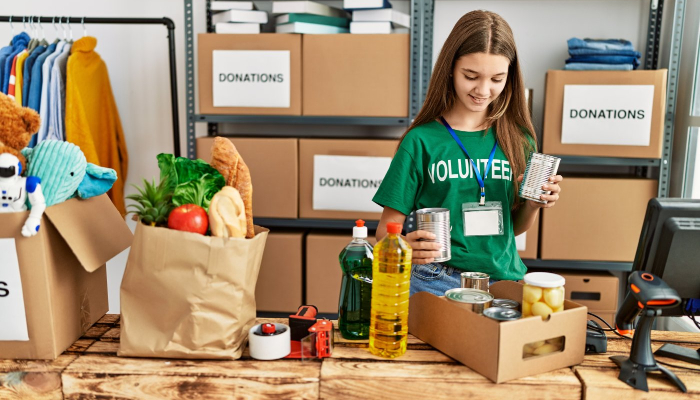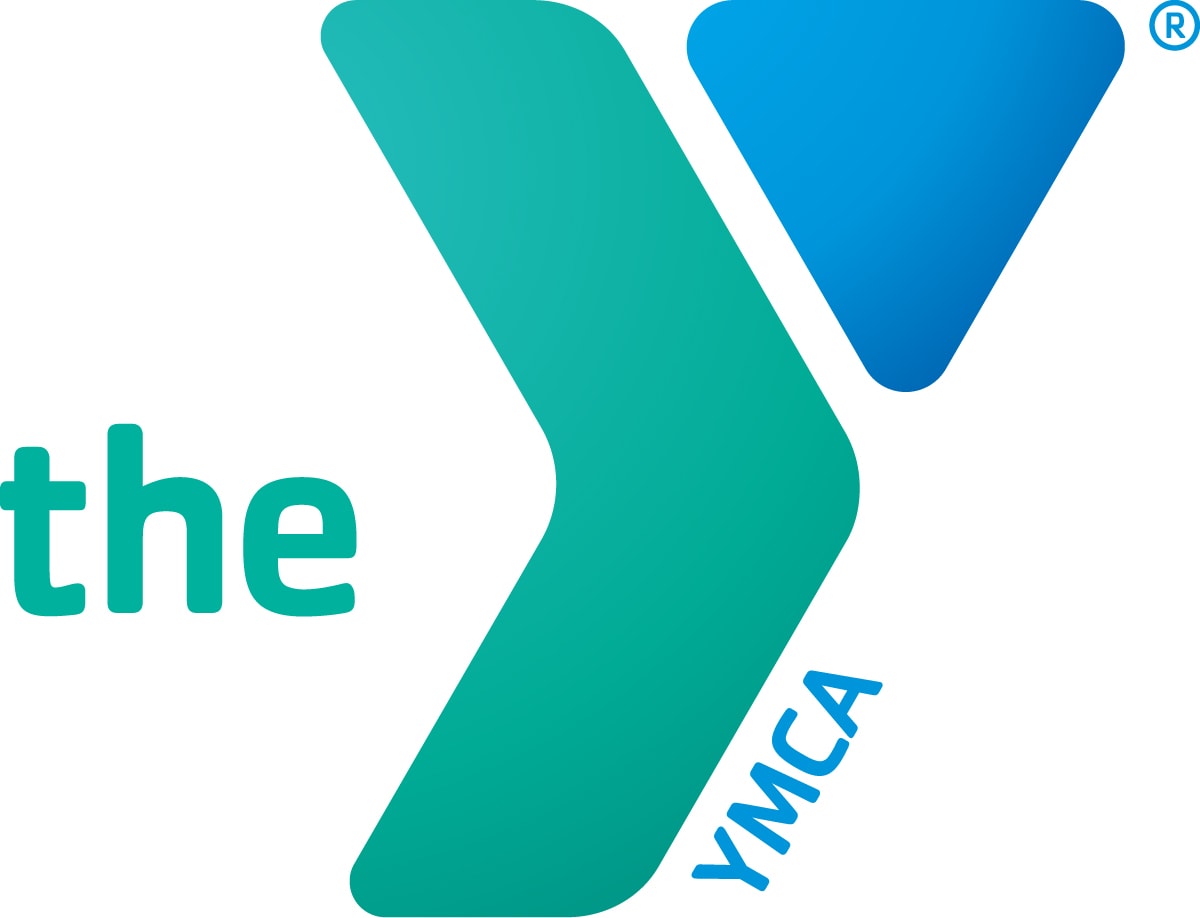By Guest Blogger Tracy Huneycutt
The many stressors that resulted from the Covid pandemic have increased our collective awareness of the mental health of our youth. There are many children and teenagers in our nation experiencing feelings of anxiety, loneliness, and sadness. Thus, leaving parents looking for a way to help improve their child’s sense of purpose and overall well-being. Teaching children to give back to their community has countless proven benefits for their mental and emotional development.
Volunteering helps elementary age children develop all sorts of important life skills. Research has shown that impulse control, being able to express one’s needs and opinions, the ability to negotiate and cooperate with others, having a sense of empathy, and developing coping mechanisms all improved in children who volunteered and served on a regular basis.
There are links to some major positive effects when an adolescence volunteers. Examples of these effects are improved grades, reduced drug usage, and increased self-esteem. Volunteering also helps to develop leadership skills and dependability. These effects aren’t just short-term but prove to affect a teen’s well-being in the years to come.
Children and teenagers may be reluctant to volunteer at first, especially if they are shy or have never served before. Parents can start small by finding a fundraiser or organization associated with something their child enjoys or passionate about. They could raise money for a run/walk for a specific charity, spend time with dogs and cats at a local animal shelter. Additionally, participating in a local community clean-up day is a great first volunteering event. Children can be encouraged to participate in school fundraisers, collect canned goods from neighbors to give to a food bank, or see if their local library needs volunteer help on certain days. Families can also contact a local church or religious organization to ask about weekly or monthly opportunities to serve others.
Families are encouraged to serve alongside of their children if their schedules allow them to do so. This is a great way for families to spend time together doing something meaningful. Adults can reap the many positive benefits of volunteering too.
It’s never too early to involve a child in helping to give back to their community. When our son was an infant, I would strap him in a baby carrier during various serving opportunities. He would enjoy smiling and interacting with the people around him. When he became a toddler, we would provide him with simple but engaging tasks. Then, when our church packed meals for Rise Against Hunger, we gave him a measuring cup to portion out dried vegetables into prepared bags. He currently enjoys serving with children in his age group at our church – they have served food together during community meals. Also, they packed toiletries and gifts into shoeboxes for Operation Christmas Child, and sorted through donated items for local charities. I enjoy chaperoning these events, because the excitement and joy I see in the children as they help others is heartwarming and inspiring.
Volunteering gives children the opportunity to put their time towards an activity that can help them emotionally, physically, socially, and intellectually. Many individuals and organizations fell on difficult times during the pandemic. I know they would be bursting with gratitude to have children and teenagers willing to help their cause.
Want to get notifications on local events and happenings in the Triad? Subscribe to TMoM’s free weekly newsletters here.










